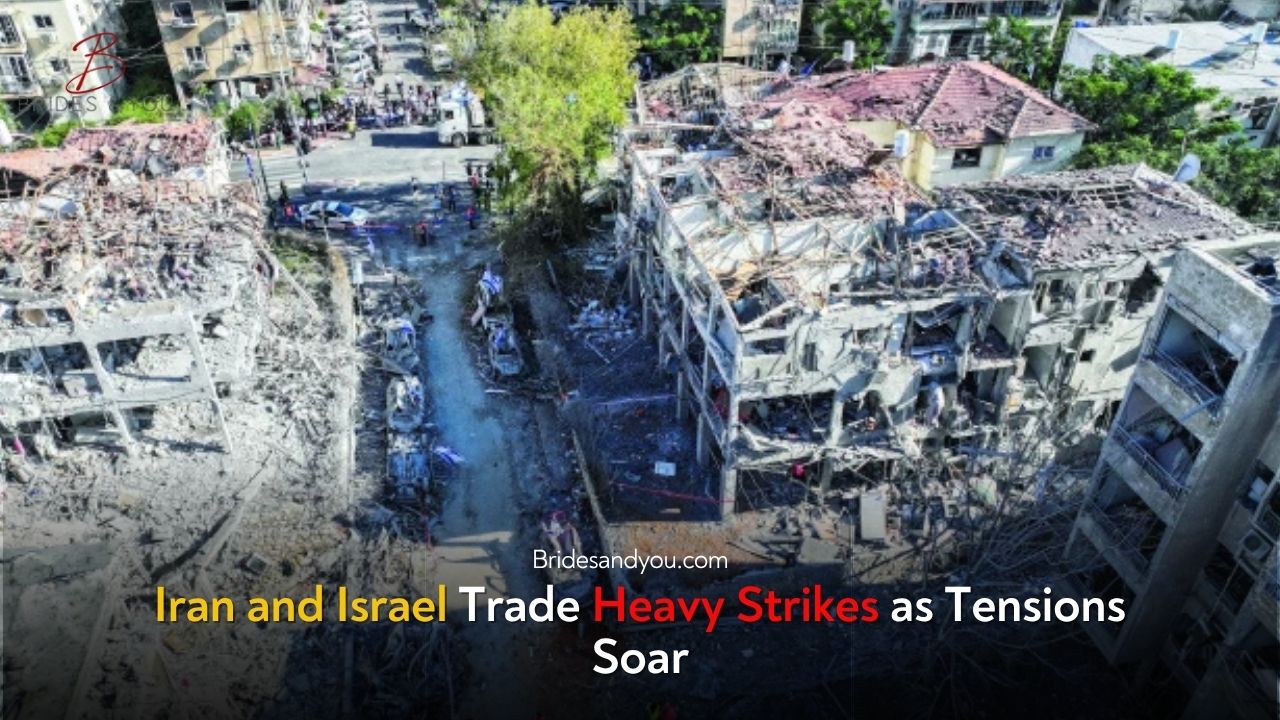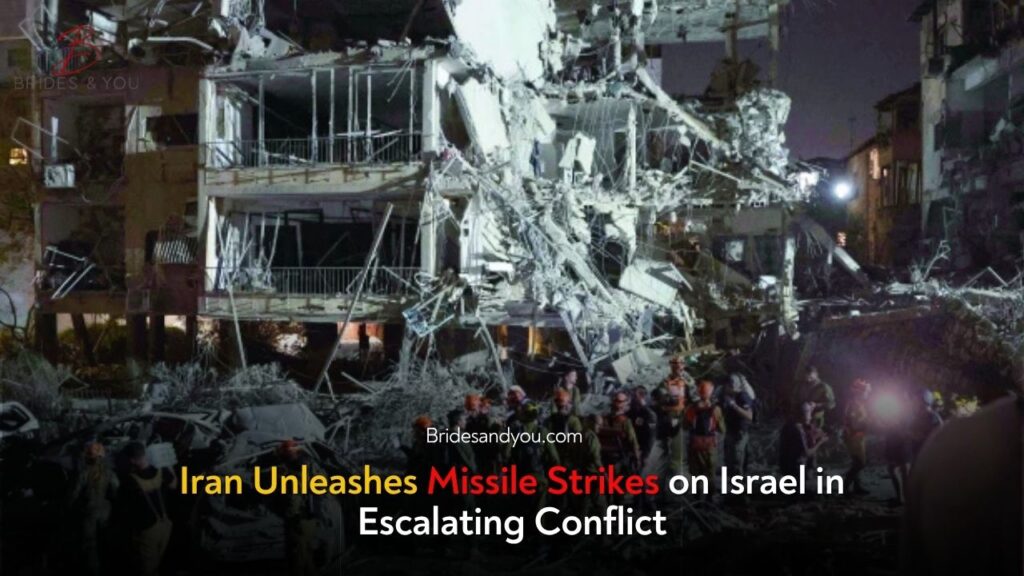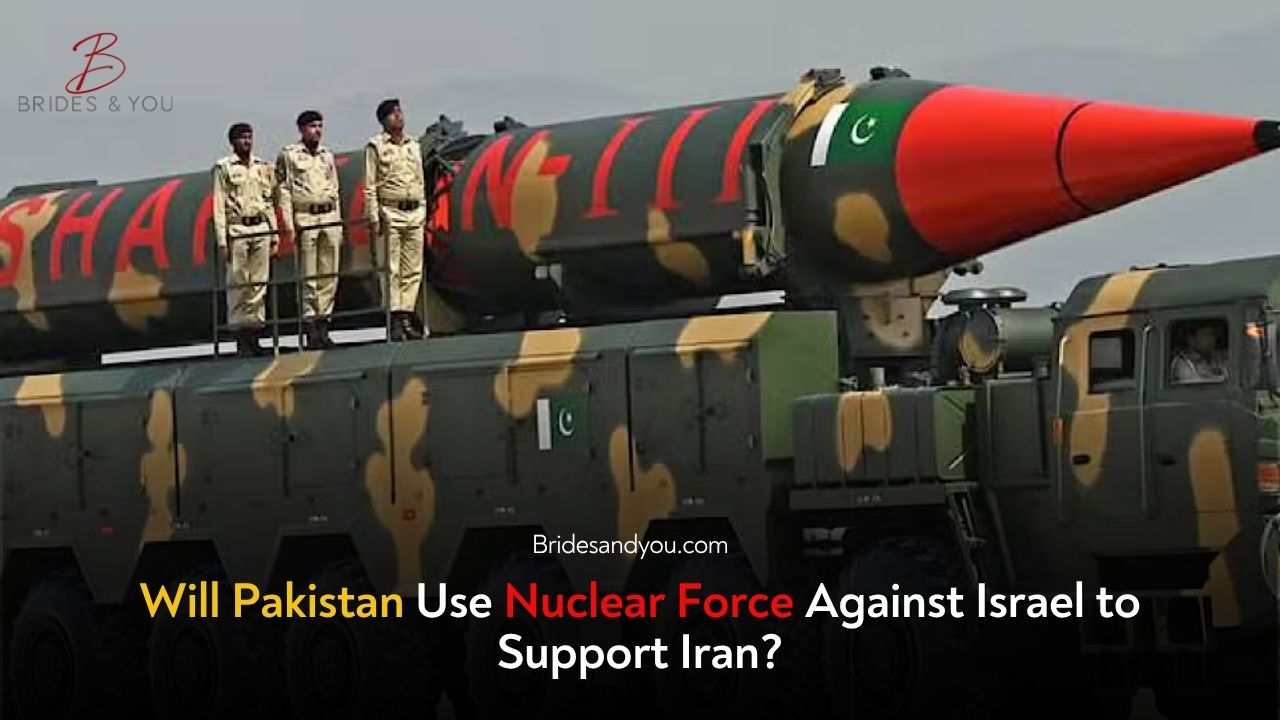Now Reading: Iran-Israel Conflict Intensifies with Unprecedented Strikes: Region on Edge
-
01
Iran-Israel Conflict Intensifies with Unprecedented Strikes: Region on Edge
Iran-Israel Conflict Intensifies with Unprecedented Strikes: Region on Edge

The Iran-Israel conflict has reached a historic boiling point, marking one of the most explosive confrontations between the two regional powers in modern history. As both nations launched devastating air and missile strikes over the weekend, the Middle East teetered on the brink of all-out war.
Rising Tensions Turn Explosive
In a dramatic escalation, Iran activated its air defenses across multiple regions while Israel instructed its citizens to take immediate shelter amid a barrage of incoming missiles. The exchange came after Israeli Prime Minister Benjamin Netanyahu pledged to hit “every target of the regime,” triggering an immediate and severe response from Iran’s newly elected President, Masoud Pezeshkian.
As the situation intensified, air-raid sirens screamed across Tel Aviv and Jerusalem, while fire and smoke clouded Tehran’s skyline following Israeli strikes on military facilities and nuclear sites. In response, Iran declared a “new wave” of missile and drone attacks against Israeli targets, some of which hit residential areas.
Nuclear Talks Collapsed Amid Violence
Scheduled nuclear negotiations between the United States and Iran were abruptly canceled as the Iranian government stated it could not negotiate under fire. Iran’s top diplomat, Abbas Araghchi, criticized the West’s double standards, condemning Washington’s backing of Israeli aggression while simultaneously attempting diplomatic dialogue.
Pezeshkian described the situation as a “dangerous cycle of violence” and promised a more “severe and powerful” retaliation if Israel continues its assaults.
Casualties Mount on Both Sides
According to Iranian sources, 78 people were killed and over 300 injured in the initial wave of Israeli attacks. The Israeli military, in turn, reported three fatalities and dozens of injuries due to Iranian drone and missile strikes. Iran also confirmed the deaths of several top military officials, including General Mohammad Bagheri and IRGC leader Hossein Salami.
Israel claims its operations successfully targeted more than 20 senior Iranian commanders and damaged key facilities, including the Natanz uranium enrichment plant and underground missile bases.
International Outcry and Warnings
Global leaders have called for immediate de-escalation. Former U.S. President Donald Trump and Russian President Vladimir Putin both stressed that the war must end. Turkish President Erdogan expressed fears of a regional catastrophe in discussions with Saudi Crown Prince Mohammed bin Salman.
Iran issued stern warnings to Western nations, including the U.S., UK, and France, threatening retaliation should they intervene on Israel’s behalf.
Civilians Trapped in Crossfire
As sirens wailed and explosions rocked cities, ordinary civilians found themselves caught in the chaos. In Tel Aviv, residents rushed to underground shelters. One local described the terror: “Everything was shaking, dust and smoke everywhere—it was like a nightmare.”
Iran’s Red Crescent reported ambulance casualties, and media outlets showed footage of destroyed homes, injured civilians, and overwhelmed hospitals.
What Comes Next?
With both nations refusing to back down, fears of a broader regional war loom large. The closure of airspace in Iran and Israel and the suspension of diplomacy signal a volatile, unpredictable road ahead.
For now, the world watches anxiously as the Iran-Israel conflict escalates, threatening to ignite a much larger and more devastating war across the Middle East.











